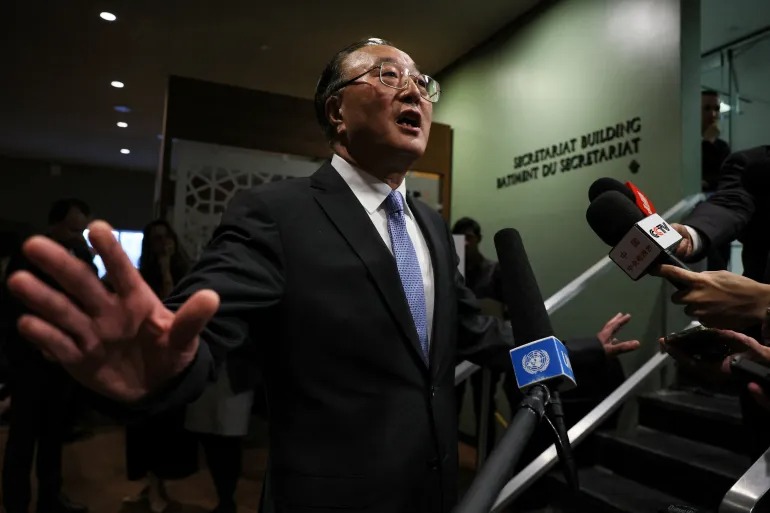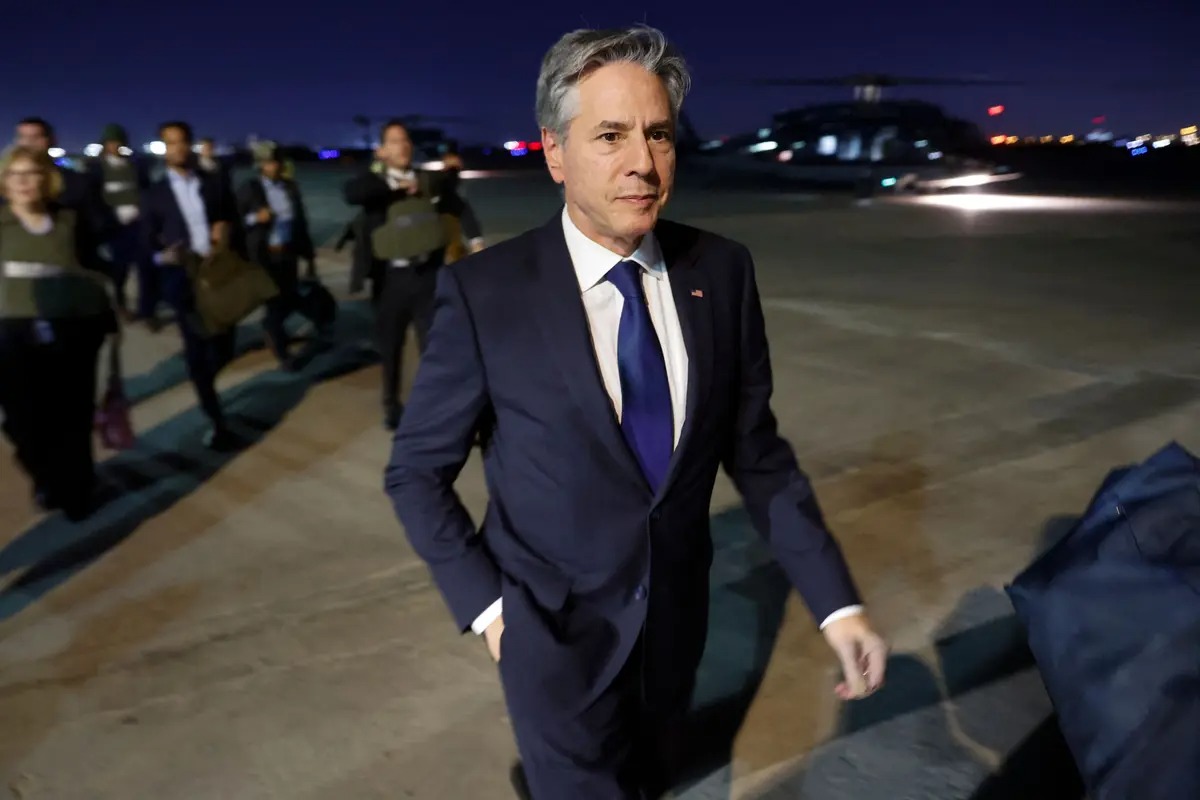Amid the escalating Israel-Gaza conflict, China’s approach stands out as Western leaders rush to the Middle East. While Western leaders take a more proactive role, Beijing adopts a cautious and measured stance, focusing on peace efforts and condemning violence.
A Defining Moment in China’s Diplomacy
China’s diplomatic involvement in the Middle East took a significant turn when Chinese President Xi Jinping welcomed Palestinian Authority President Mahmoud Abbas to Beijing and invited Israeli President Benjamin Netanyahu. This marked a defining moment, indicating China’s rising influence as the United States’ presence in the region waned.
The Conflict Unfolds
On October 7, Hamas launched a surprise assault on Israel, resulting in casualties and abductions. In response, Israel initiated relentless bombardments and ground attacks in Gaza, controlled by Hamas. The conflict has claimed numerous lives, with Gaza’s health ministry reporting significant casualties.
As the crisis unfolds, China’s diplomatic approach remains distinctive. While Western leaders have taken more assertive roles, China has sent its Middle East envoy, Zhai Jun, but Chinese President Xi and Foreign Minister Wang Yi have not visited the region since the outbreak of fighting. Xi and Wang have called for a ceasefire, emphasizing the need for justice for the Palestinian people and an end to the collective punishment of Palestinians.
According to experts, China’s approach aligns with its traditional playbook in conflicts involving Israelis and Palestinians. They initially adopt a cautious stance, call for peace, condemn violence against civilians, and focus on addressing Palestinian grievances.
Yao-Yuan Yeh, a professor of international studies, concurs that despite increased diplomatic engagement in the Middle East, China has not assumed a leading mediation role in the ongoing Hamas-Israel conflict. China’s approach contrasts with the more proactive involvement of Western leaders and regional players.
China’s Middle East Strategy
China’s response to the Israel-Gaza crisis reflects its broader Middle East strategy. Historically, China has prioritized relations with the Palestinians in the Israeli-Palestinian conflict. This stems from its perception of the Palestinian struggle for land as part of the world’s national liberation movement.
China’s historical support for Palestine includes allowing the Palestine Liberation Organization (PLO) to establish diplomatic missions and upgrading them to an embassy. Beijing was a significant supplier of weapons to the PLO in the 1960s and 1970s and recognized the State of Palestine in 1988.
However, China has also developed ties with Israel, establishing full diplomatic relations in 1992 and investing heavily in the Israeli economy. While Chinese investments in the Palestinian territories are limited in comparison, China’s economic relationship with Saudi Arabia and the Gulf states has been substantial.
China’s deep economic ties in the Gulf region have shaped its Middle East outlook, particularly concerning countries like Saudi Arabia. As criticism mounted against Israeli military operations in Gaza from Gulf states, China’s rhetoric became increasingly pro-Palestinian.
China’s Diplomatic Divergence from the US
China’s diplomatic approach during the Israel-Gaza conflict has positioned it at odds with the United States. While China hasn’t assumed a leadership role in the conflict, it has been more vocal in criticizing Washington, despite ongoing efforts to mend their strained relationship.
In an editorial, the government-controlled China Daily accused the US of blindly supporting Israel, contributing to the conflict’s escalation. The state-run Global Times also criticized the US for vetoing a United Nations Security Council resolution calling for a humanitarian pause in the conflict.
In contrast to the US stance, China, along with Russia, vetoed a US draft resolution supporting Israel’s right to defend itself and demanding that Iran cease exporting arms to hardline groups.
As China assumes the presidency of the Security Council, it has made the Israel-Gaza conflict a priority. While China’s best-case scenario is a swift end to the fighting and its involvement in potential negotiations, the outcome remains uncertain.
The next step in China’s diplomatic involvement will involve closed-door deliberations on the conflict, with China and the United Arab Emirates playing pivotal roles. The path forward remains a complex diplomatic challenge.
China’s diplomatic stance in the Israel-Gaza conflict reflects a cautious and measured approach amidst the involvement of Western leaders. While China emphasizes peace and condemns violence, it has not assumed a prominent mediation role, in contrast to Western and regional leaders. China’s response aligns with its broader Middle East strategy, prioritizing relations with the Palestinians while also developing ties with Israel and maintaining significant economic partnerships in the Gulf. This diplomatic approach has placed China at odds with the United States, as both nations grapple with their differing roles and stances in the ongoing conflict.
















